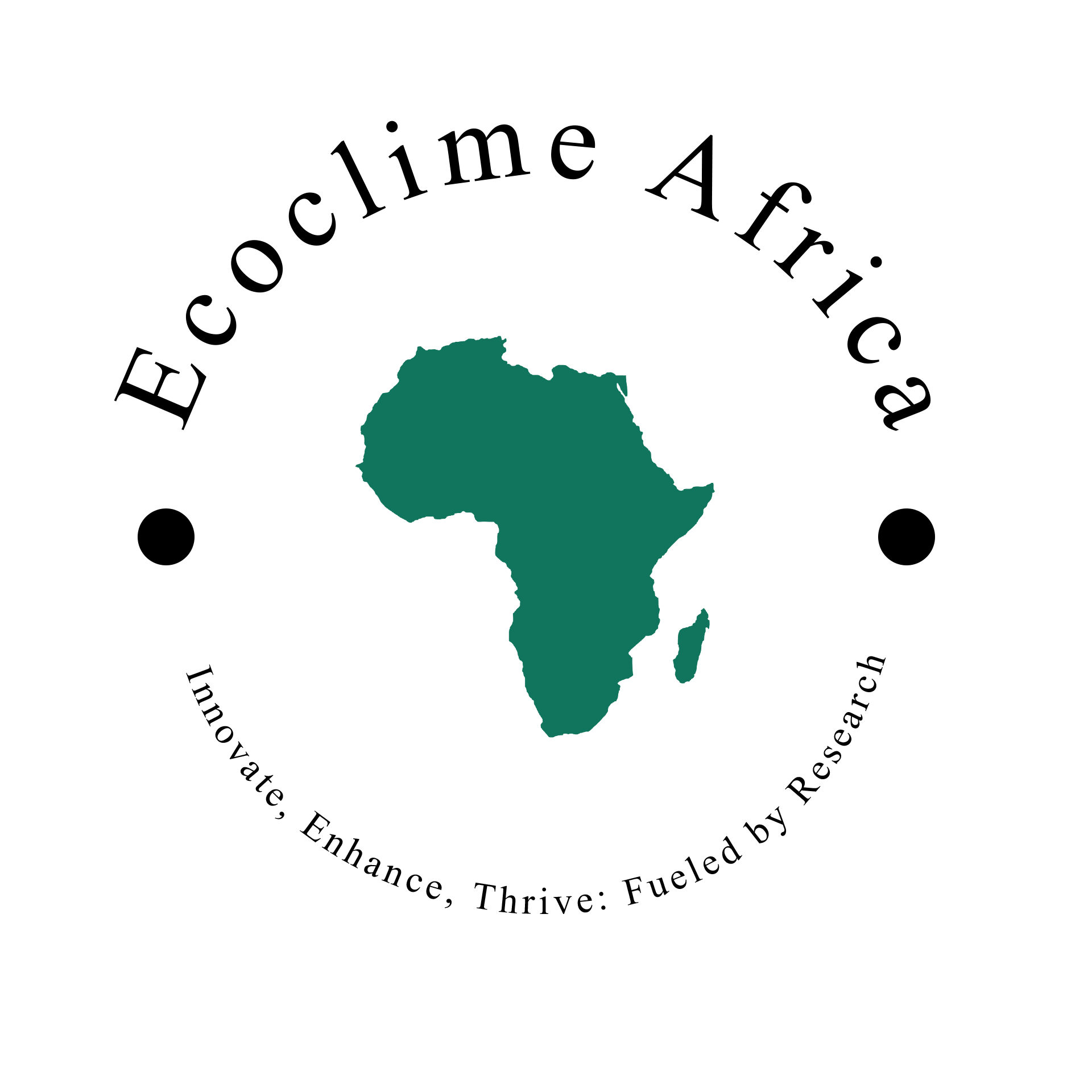

Green Swoosh: Running Towards Circularity in Africa
Towards Circularity♻️
The brand Nike, which is a household name for sports apparel with the slogan "Just do it" was founded as far back as the 1960s as blue-ribbon sports by Bill Bowerman and Phil Knight. The UN World Commission on Environment and Development states that “sustainable development is a development that meets the needs of the present without compromising the ability of future generations to meet their own needs.” The brand has been contributing to this over the years, committed supporting to achieving the vision of SDG 3, 5, 8, 12, 13 and 17 (source: Nike.com)
Nike's commitment to sustainability, encapsulated in its Move to Zero initiative, resonates deeply within the African context, where environmental challenges and economic opportunities intersect. As a global leader in sports apparel, Nike has been actively working towards a circular economy since the 1990s, focusing on zero carbon and zero waste. This vision aligns with the United Nations' Sustainable Development Goals (SDGs), particularly those aimed at promoting sustainable practices and fostering economic growth.
Nike's Circular Economy Efforts
Nike's Move to Zero initiative is not just about reducing waste; it also embodies a transformative approach to product lifecycle management. By recycling worn-out footwear through programs like Nike Grind, the company repurposes materials into new products, playground equipment, and sports facilities. This process is particularly relevant in Africa, where waste management is a pressing issue. The continent generates millions of tons of waste annually, much of which could be repurposed or recycled.
Nike can collaborate with local organizations to enhance recycling efforts and create awareness about sustainability. For instance, partnerships with social enterprises like Alive and Kicking, which employ local artisans to produce sports balls from recycled materials, can amplify Nike's impact while supporting local economies. Initiatives that encourage communities to donate old shoes can significantly reduce waste. In Africa, where many communities face economic hardships, such programs not only promote sustainability but also provide essential sports equipment to underprivileged youth.
Economic Opportunities through Sustainability
The transition to a circular economy presents unique opportunities for economic development in Africa:
By investing in local recycling facilities and upcycling initiatives, Nike can help create jobs in communities that are often economically marginalized. This aligns with SDG 8, which promotes decent work and economic growth.
Establishing innovation hubs focused on sustainable design can empower young African entrepreneurs. These hubs could facilitate workshops on circular design principles and provide access to Nike Grind materials for prototyping new products.
Collaborating with educational institutions to integrate sustainability into curricula can foster a new generation of environmentally conscious leaders. This aligns with SDG 4, which emphasizes quality education.
Challenges and Future Directions
While the potential for Nike's sustainability initiatives in Africa is significant, several challenges remain:
Many African countries face infrastructural challenges that hinder effective waste management and recycling efforts. Addressing these issues requires investment and collaboration with local governments.
Changing consumer behaviour towards sustainability may take time. Education campaigns that highlight the benefits of recycling and sustainable practices are essential.
Advocating for supportive policies that encourage recycling and sustainable business practices can help create an enabling environment for circular economy initiatives.
Conclusion
In conclusion, Nike's journey towards circularity holds great promise for Africa. By leveraging local partnerships, fostering innovation, and engaging communities, Nike can not only enhance its sustainability efforts but also contribute to economic growth and environmental stewardship across the continent. As Peggy Reid aptly stated, “Waste is simply excess material in the wrong person’s hands,” emphasizing the shared responsibility we all have in creating a healthier planet for future generations.
By: Timah Acheampong
Comments
No comments available.